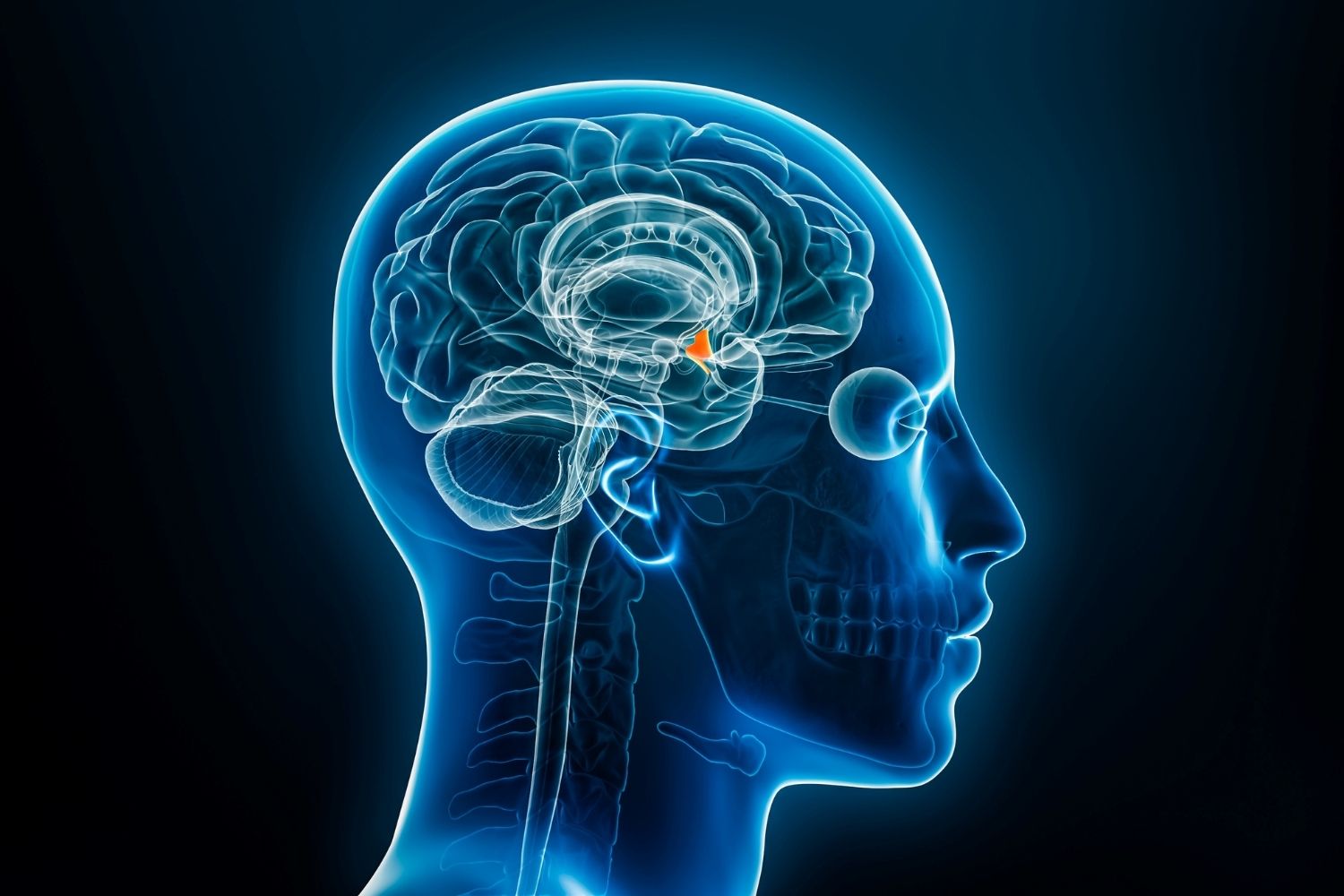
Luteinizing Hormone Releasing Hormone (LHRH), also known as Gonadotropin-Releasing Hormone (GnRH), plays a crucial role in regulating reproductive functions. Produced in the hypothalamus, this hormone stimulates the pituitary gland to release luteinizing hormone (LH) and follicle-stimulating hormone (FSH). These hormones are essential for ovulation in females and testosterone production in males. Understanding LHRH can help in grasping how the body controls fertility and sexual development. From its discovery to its medical applications, LHRH has a fascinating history. Did you know that LHRH analogs are used in treatments for hormone-sensitive cancers? Dive into these 30 intriguing facts about LHRH to learn more about its vital functions and impact on health.
Key Takeaways:
- Luteinizing Hormone Releasing Hormone (LHRH) plays a vital role in human reproduction by controlling hormone levels and influencing puberty. It also has medical uses in treating fertility issues and certain cancers.
- LHRH and its analogues, synthetic versions of the hormone, are used in various treatments and medical research. They have potential applications in treating neurodegenerative diseases, weight management, and mental health.
What is Luteinizing Hormone Releasing Hormone (LHRH)?
Luteinizing Hormone Releasing Hormone (LHRH), also known as Gonadotropin-Releasing Hormone (GnRH), plays a crucial role in human reproduction. This hormone is produced in the hypothalamus and stimulates the pituitary gland to release luteinizing hormone (LH) and follicle-stimulating hormone (FSH).
- LHRH is a decapeptide, meaning it consists of ten amino acids.
- It was first discovered in the early 1970s by Nobel laureates Andrew Schally and Roger Guillemin.
- LHRH is essential for the regulation of the menstrual cycle in women.
- In men, LHRH controls the production of testosterone.
- The hormone is released in pulses every 60-90 minutes.
The Role of LHRH in the Body
LHRH has a significant impact on various bodily functions, especially those related to reproduction and growth. Here are some fascinating facts about its role.
- LHRH stimulates the pituitary gland to release LH and FSH.
- These hormones are crucial for ovulation in women.
- In men, LH stimulates the production of testosterone in the testes.
- FSH is vital for spermatogenesis, the process of sperm production.
- LHRH also influences puberty onset.
Medical Uses of LHRH
LHRH and its analogs have several medical applications, particularly in treating reproductive health issues and certain cancers.
- LHRH analogs are used in fertility treatments.
- They help manage conditions like endometriosis.
- LHRH analogs are also used to treat prostate cancer.
- These analogs can help in precocious puberty management.
- LHRH analogs are sometimes used in gender-affirming hormone therapy.
LHRH and Its Analogues
LHRH analogues are synthetic versions of the natural hormone. They are used in various treatments due to their ability to regulate hormone production.
- LHRH analogues can be agonists or antagonists.
- Agonists initially increase hormone levels before causing a downregulation.
- Antagonists block the hormone's effects immediately.
- These analogues are often used in IVF treatments.
- They can be administered via injections or implants.
Interesting Facts About LHRH
Beyond its medical uses and biological functions, LHRH has some intriguing aspects worth noting.
- LHRH is also found in other species, including fish and amphibians.
- The hormone's structure is highly conserved across different species.
- LHRH neurons are among the first to develop in the embryo.
- The hormone's release pattern is influenced by circadian rhythms.
- Stress can affect LHRH secretion, impacting reproductive health.
Research and Future Directions
Ongoing research continues to uncover new aspects of LHRH and its potential applications in medicine.
- Scientists are exploring LHRH's role in neurodegenerative diseases.
- Research is being conducted on LHRH's potential in weight management.
- New LHRH analogues are being developed for more effective treatments.
- Studies are investigating LHRH's impact on mental health.
- Future research aims to understand LHRH's role in aging and longevity.
Final Thoughts on Luteinizing Hormone Releasing Hormone
Luteinizing Hormone Releasing Hormone (LHRH) plays a crucial role in regulating reproductive health. This hormone, produced in the hypothalamus, triggers the release of luteinizing hormone (LH) and follicle-stimulating hormone (FSH) from the pituitary gland. These hormones are essential for ovulation in females and testosterone production in males. Understanding LHRH can help in diagnosing and treating reproductive disorders, such as infertility or hormonal imbalances. Researchers continue to explore LHRH's potential in developing treatments for conditions like prostate cancer and endometriosis. By grasping the basics of LHRH, we gain insight into the complex mechanisms that govern human reproduction. This knowledge not only aids medical professionals but also empowers individuals to make informed decisions about their reproductive health.
Frequently Asked Questions
Was this page helpful?
Our commitment to delivering trustworthy and engaging content is at the heart of what we do. Each fact on our site is contributed by real users like you, bringing a wealth of diverse insights and information. To ensure the highest standards of accuracy and reliability, our dedicated editors meticulously review each submission. This process guarantees that the facts we share are not only fascinating but also credible. Trust in our commitment to quality and authenticity as you explore and learn with us.
